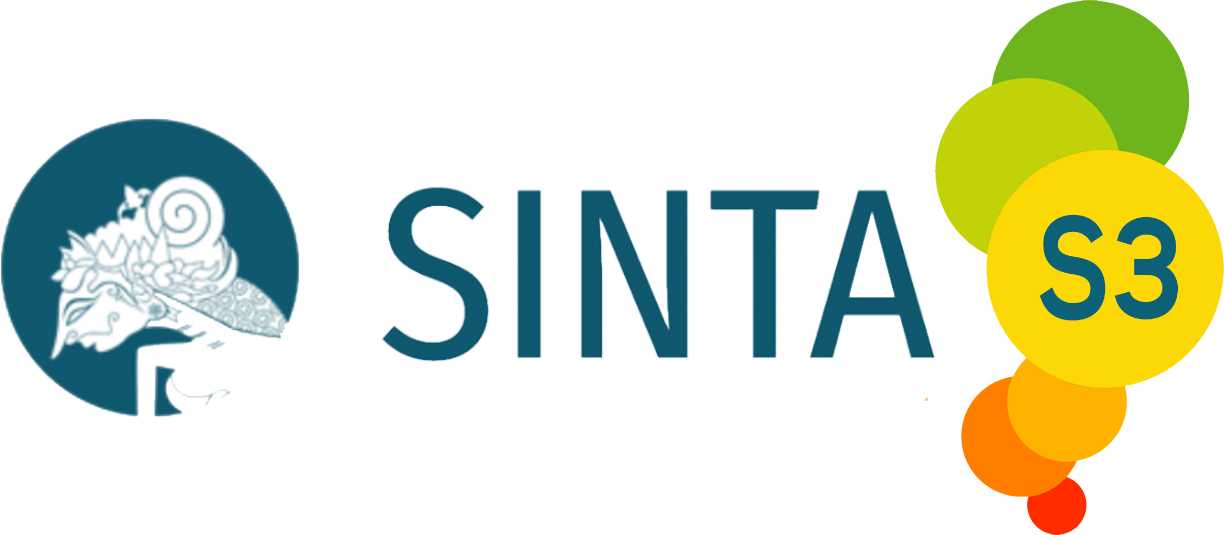Hadith Concerning Bathing the Dead: Its Implementation at PKU Muhammadiyah Hospital Yogyakarta
DOI:
https://doi.org/10.12928/taqaddumi.v4i2.12167Keywords:
Bathing the Corpse, Guidance of the Prophet SAW, PKU Muhammadiyah Hospital YogyakartaAbstract
Bathing the corpse is one form of farḍu kifāyah in Islam. In Yogyakarta, the practice of bathing the corpse has been facilitated by one of them, PKU Muhammadiyah Hospital Yogyakarta. Due to the legality of the community institution, the author feels the need to examine the form of implementation (practice), basis, and validity of the evidence for bathing the corpse. This type of research is qualitative field research with interview, observation and documentation data collection techniques. Furthermore, to understand the meaning of the hadith, the researcher uses the methodology of understanding the hadith of Arifuddin Ahmad, with textual, intertextual and contextual interpretation methods. In this study, it was found that the practice of bathing the corpse at PKU Muhammadiyah Hospital Yogyakarta in its implementation begins with determining who will bathe the corpse, which begins with the intention, placing the corpse in a closed room and ending with maintaining the corpse's disgrace. In this case, there is a discrepancy between the text of the hadith and its implementation. Such as bathing a person who died from burning, in terms of braiding and the use of inconsistent wet cloth.
References
Ahmad bin Syuaib Al-Nasā’i ’Abdurahman, Abu, Sunan Kubra (Beirut: Muassasah ar-Risālah, 2001)
Alfis khoirul, ‘Sarjana Matematika Ini Memandikan Ribuan Jenazah, Kisah Hidupnya Inspiratif’, Zona Jogja Com
Anardianto, ‘Satu Abad PKU Muhammadiyah, Tonggak Sejarah Yang Strategis Dan Bermakna Dalam Perjalanan Kesehatan Umat Dan Bangsa’, Muhammadiyah.or.Id
Bukhārī (al), Muhammad bin Ismail bin Ibrahim, Sahih Al-Bukhārī, 1st edn (Beirut: Dār Thouq al-Najah, 2006)
Dalimunthe, K.A., ‘Pelaksanaan Fardhu Kifayah Terhadap Jenazah Janin (Studi Kompratif Antara Fiqh Syafi’i Dan Fiqh Hanbali)’, 2018
Darojat, Tawakal Akbar, Praktik Pemandian Jenazah Yang Di Selenggarakan Di RS PKU Muh Yogyakarta
Dārūquthnī, Hasan ali bin amru al-, Sunan Al-Dārūquthnī (Beirut: Muassasah al-Risālah, 2004)
Fauzy, Aḥmad dkk, Metodologi Penelitian, ed. by Eka Safitri (Purwokerto, Indonesia: CV. Pena Persada, 2022)
Hadhrami (al), Salim bin Sumair, Kitab Safi ̅nah Al-Naja ̅h (Beirut: al-Maktabah, 2009)
Hariman Surya Siregar, Fikih Ibadah, ed. by Miftahul Fikri (Bogor: Arabasta Media, 2023)
Kemenag, Al-Qur’an Digital Kemenag (Indonesia, 2023)
Maftuhin, ‘Kewajiban Mengurus Jenazah Adalah Ahli Warisnya’, Kementrian Agama Kabupaten Batang, 2021
Mulyana, Deddy, Metodologi Penelitian Kualitatif: Paradigma Baru Ilmu Komunikasi Dan Ilmu Sosial Lainnya (PT Remaja Rosdakarya, 2004)
Naisabūri (al), Muslim bin al-Hajjāj, Ṣaḥi ̅ḥ Muslim (Beirut: Issa al-Bab al-Mahli press, 1955)
Qurṭhubi (al), Imam, Ensiklopedia Ensiklopedi Mengingat Kematian Dan Hari Akhir (Jakarta, Indonesia: Pustaka Azam, 2004)
Samir, Al-Haḍrami Salim bin, Terjemah Matn Safi ̅nah Al-Naja ̅h Fii Uṣhul Di ̅ Ni Wa Al-Fiqh, 2011
Thabranī (al), Abu Qasim, Al-Mū’jam Al-Kabīr (Kairo, Mesir: Maktabah Ibnu Taimiyah, 1994)
Turmudi, Moh., ‘Al-Sunah Tela’ah Segi Kedudukan Dan Fungsinya Sebagai Sumber Hukum’, Jurnal Pemikiran Keislaman, 27.1 (2017) <https://doi.org/10.33367/tribakti.v27i1.255>
Yunus, Mahmud, Kamus Arab Indonesia / Mahmud Yunus, 2015
Downloads
Published
Issue
Section
License
Copyright (c) 2024 Rika Andriana, Jannatul Husna, Gamal Abdul Nasir Zakaria

This work is licensed under a Creative Commons Attribution-ShareAlike 4.0 International License.
License and Copyright Agreement
In submitting the manuscript to the journal, the authors certify that:
- They are authorized by their co-authors to enter into these arrangements.
- The work described has not been formally published before, except in the form of an abstract or as part of a published lecture, review, thesis, or overlay journal. Please also carefully read the Taqaddumi Author Guidelines at http://journal2.uad.ac.id/index.php/taqaddumi/about/submissions#onlineSubmissions
- That it is not under consideration for publication elsewhere,
- That its publication has been approved by all the author(s) and by the responsible authorities – tacitly or explicitly – of the institutes where the work has been carried out.
- They secure the right to reproduce any material that has already been published or copyrighted elsewhere.
- They agree to the following license and copyright agreement.
Copyright
Authors who publish with the Taqaddumi Journal agree to the following terms:
- Authors retain copyright and grant the journal right of first publication with the work simultaneously licensed under a Creative Commons Attribution License (CC BY-SA 4.0) that allows others to share the work with an acknowledgment of the work's authorship and initial publication in this journal.
- Authors are able to enter into separate, additional contractual arrangements for the non-exclusive distribution of the journal's published version of the work (e.g., post it to an institutional repository or publish it in a book), with an acknowledgment of its initial publication in this journal.
- Authors are permitted and encouraged to post their work online (e.g., in institutional repositories or on their website) prior to and during the submission process, as it can lead to productive exchanges, as well as earlier and greater citation of published work.








